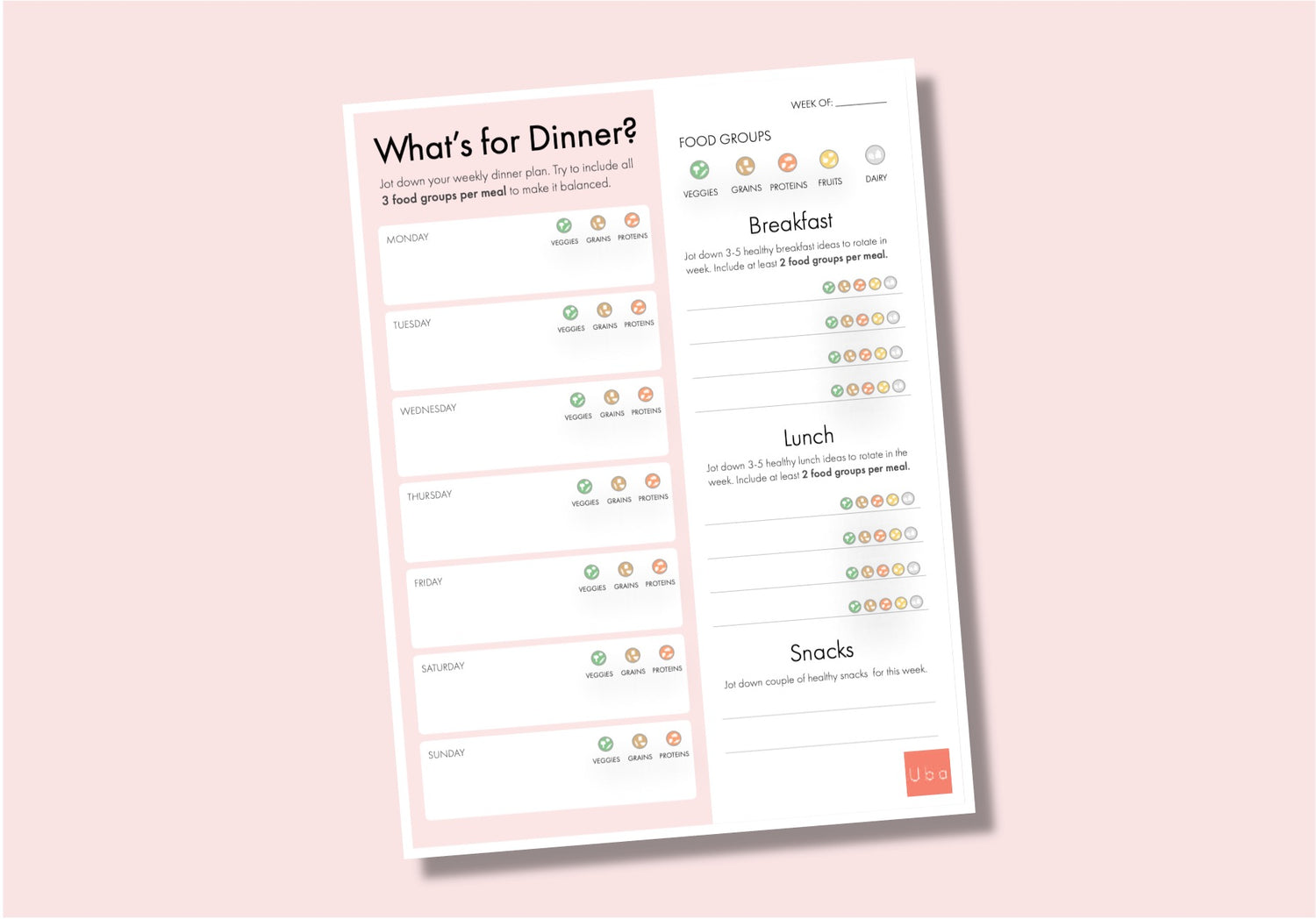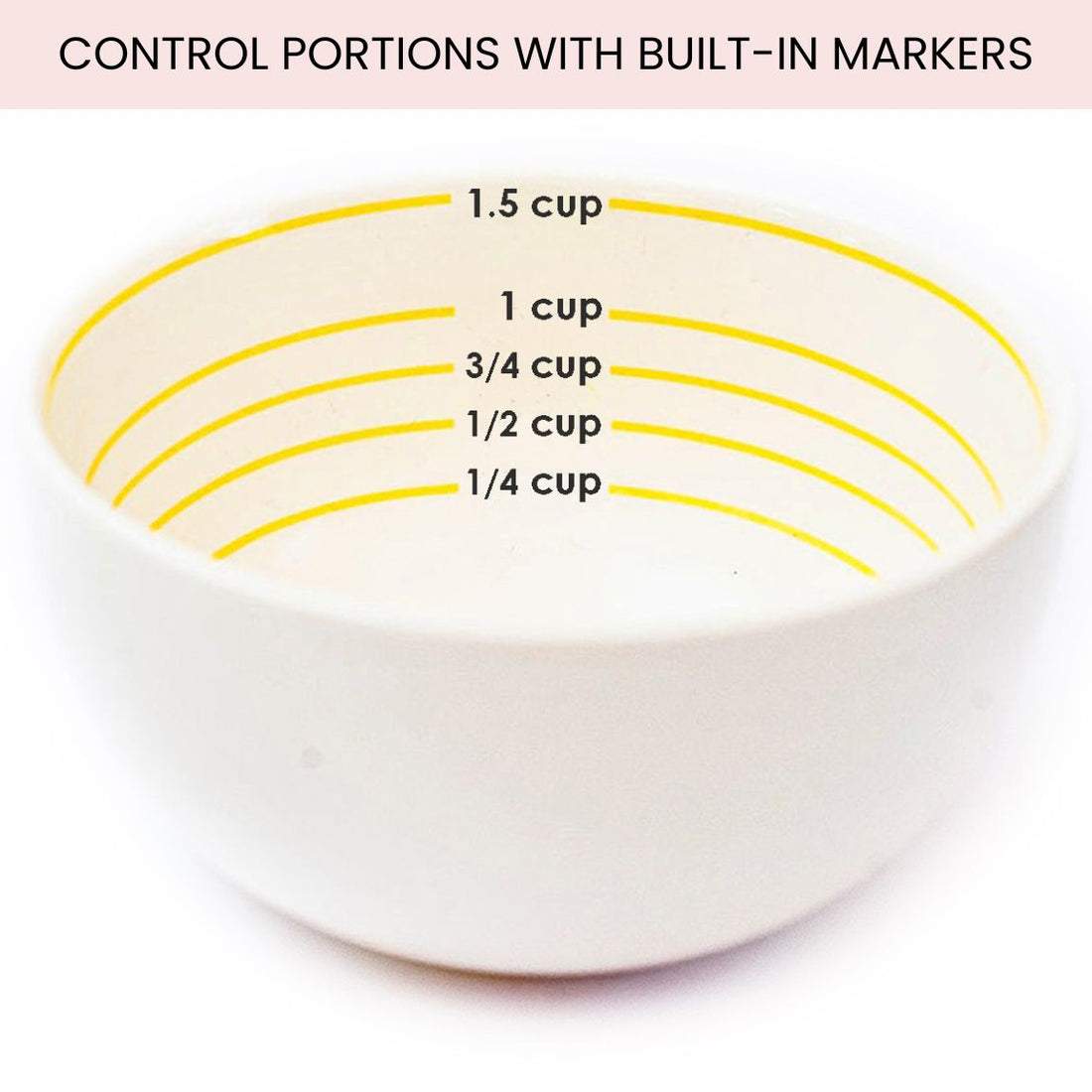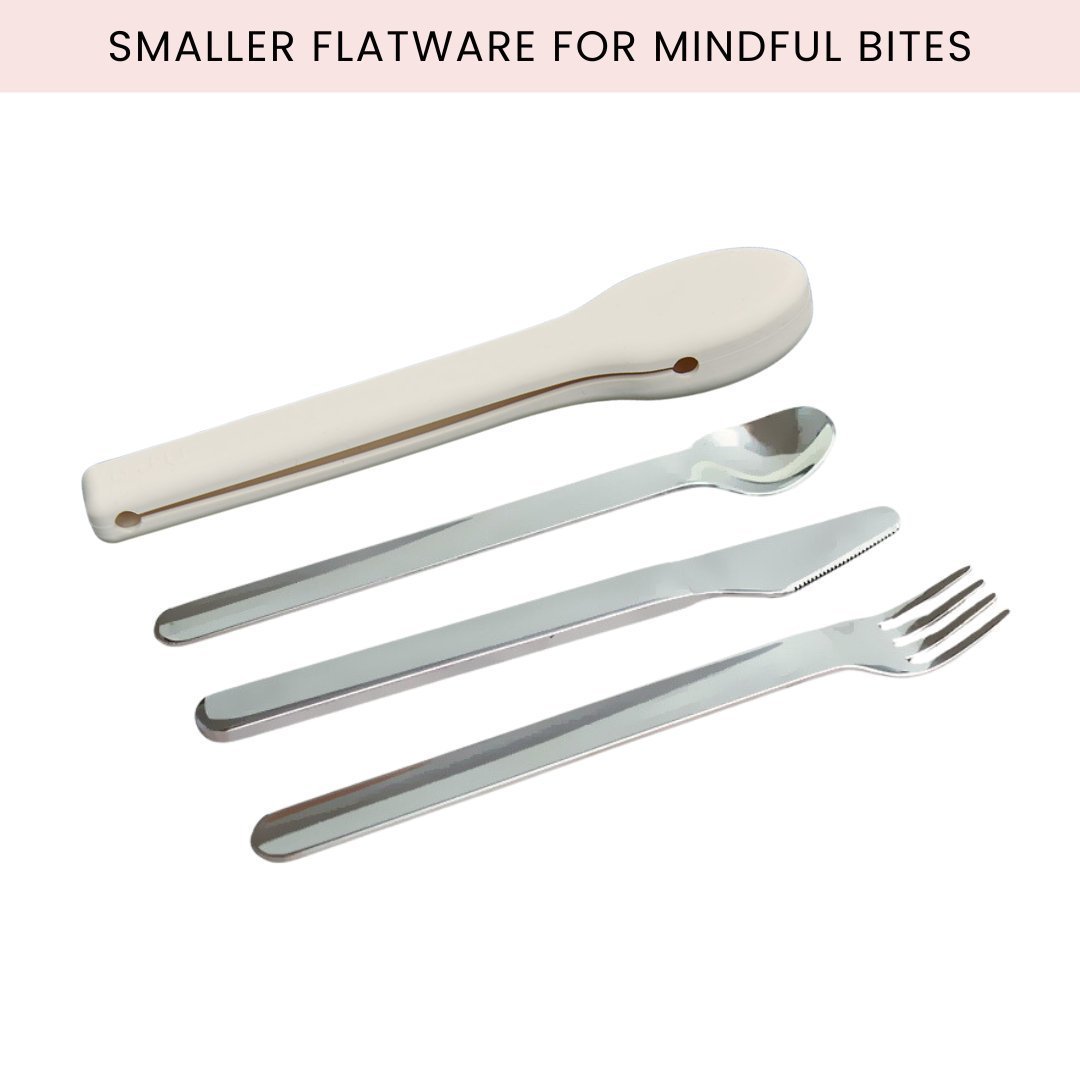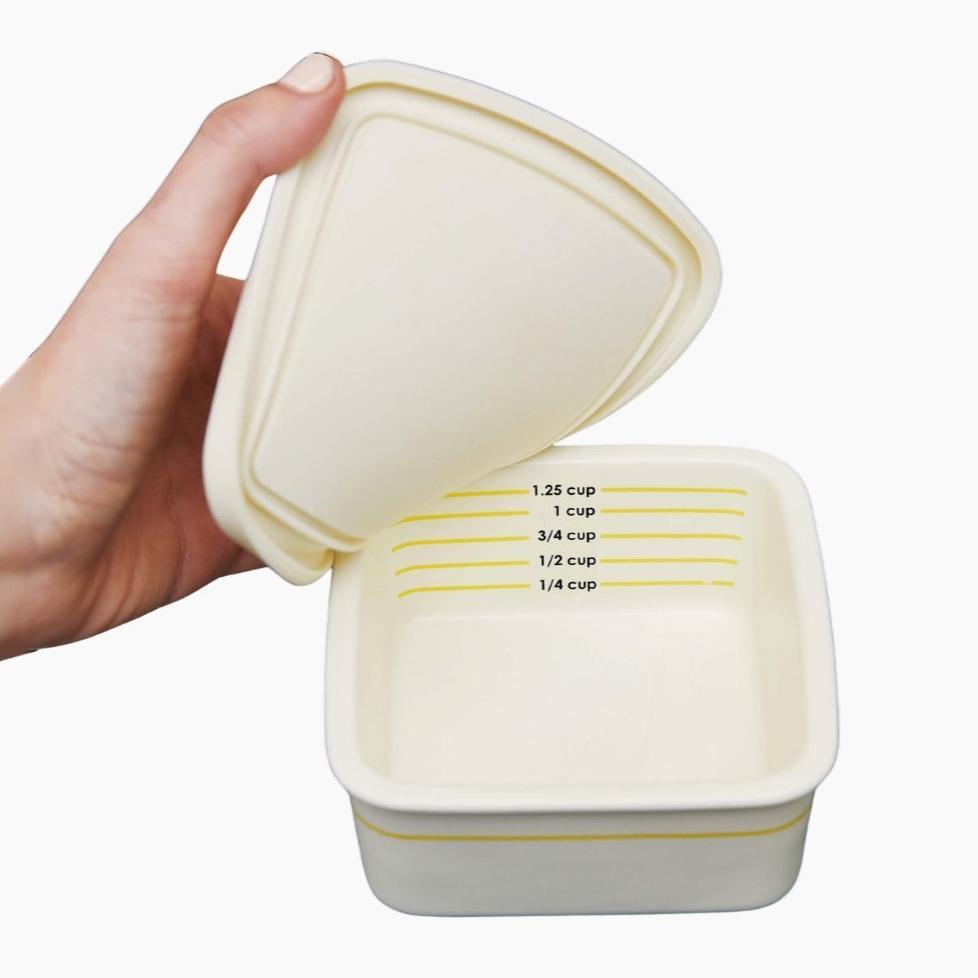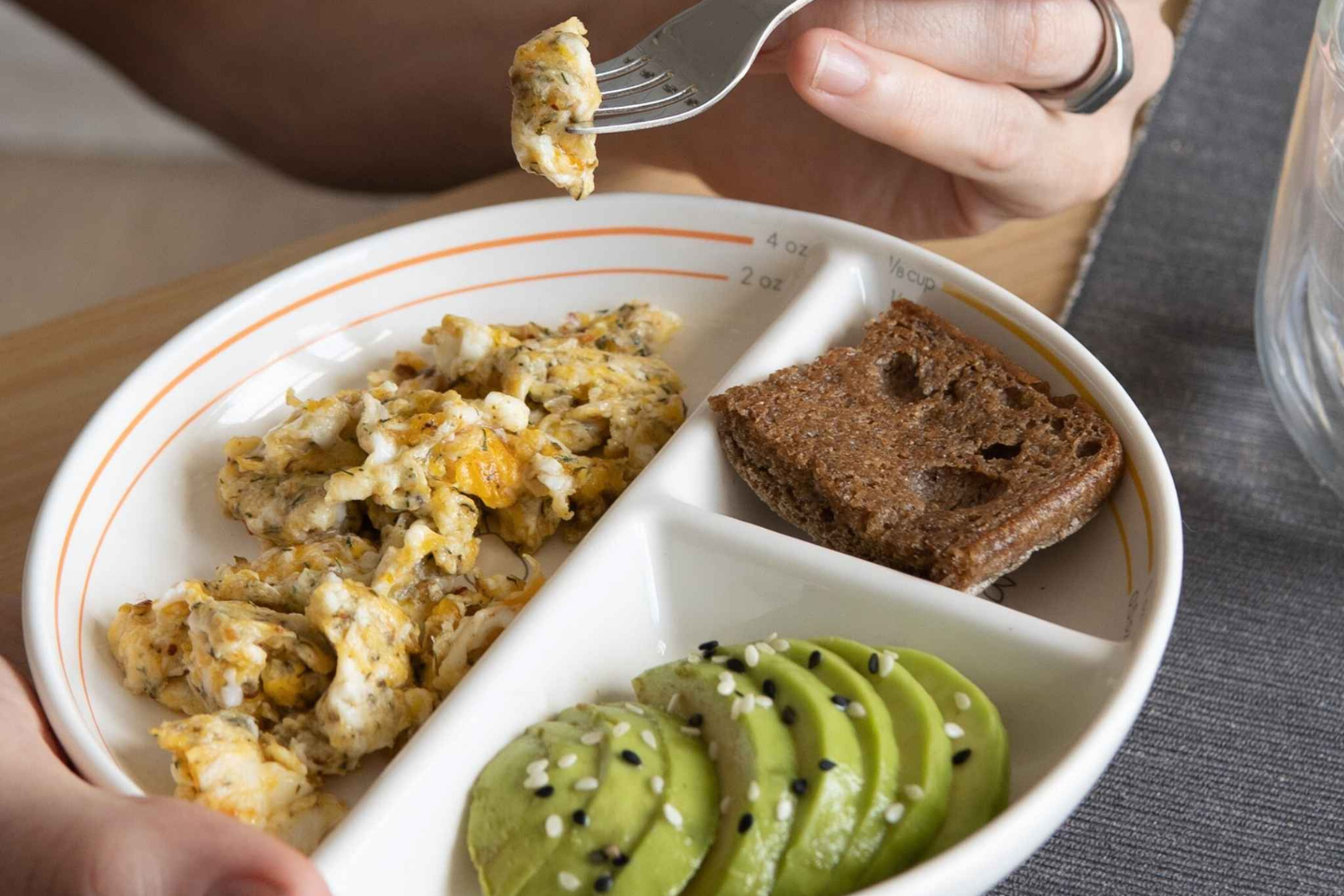What is the Bariatric Operation?
Bariatric surgery is a weight loss procedure that involves making changes to your digestive system to help you lose weight. By modifying the gastrointestinal tract's anatomy, bariatric surgery aims to restrict food intake, induce early satiety, and potentially alter hormonal signals that influence appetite and metabolism. It is typically recommended for individuals with severe obesity who have not been able to lose weight through other methods. Some of the most common types of Bariatric Surgeries include:
-
Gastric Sleeve Surgery (a.k.a. VSG): Removes a large portion of the stomach to create a smaller, banana-shaped pouch.
-
Gastric Bypass Surgery: Divides the stomach into a small upper pouch and connects it directly to the small intestine, reducing food intake and calorie absorption.
-
Gastric Banding (Lap-Band Surgery): Involves placing an inflatable band around the upper stomach to create a small pouch, limiting food intake.
-
Biliopancreatic Diversion with Duodenal Switch (BPD/DS): Removes a significant portion of the stomach and reroutes the small intestine to reduce food absorption and promote weight loss.
After undergoing bariatric surgery, adhering to a specific post-op diet is essential for supporting recovery, promoting weight loss, and ensuring long-term success following bariatric surgery. Central to this dietary protocol is the consumption of small, nutrient-dense meals or snacks distributed throughout the day to promote satiety and support adequate nutrient absorption. Portion control is emphasized to prevent overeating and minimize the risk of gastrointestinal discomfort.
Post-Op Diet Guidelines
- Control your portions to prevent overeating and minimize discomfort
- Avoid high-sugar, high-fat, fried foods as well as carbonated beverages
- Focus on getting in lean proteins for tissue repair and metabolic support
To optimize post-operative recovery and enhance metabolic function, bariatric patients are advised to consume small, frequent meals or snacks spaced throughout the day. This meal pattern not only prevents excessive calorie intake but also promotes steady blood sugar levels, mitigating hunger pangs, and supporting energy balance. Protein should be the main focus of each meal to promote healing and maintain muscle mass.

The Importance of Getting in Proteins
- Proteins aid in healing and muscle maintenance
- Helps keep you feeling full and satisfied
- Supports metabolism
- Helps improve tissue repair
It's encouraged to prioritize protein-rich sources such as lean meats, poultry, fish, eggs, and plant-based alternatives to support optimal recovery and nutritional adequacy. If you want to discover our favorite bariatric high-protein meals, here are a few ideas:
- 5 High-Protein Bariatric Breakfasts Ideas
- 5 High-Protein Bariatric Lunch Ideas
- 10 High-Protein Bariatric Dinner Ideas
Things to Avoid
- Sugary beverages and snacks
- High-fat and fried foods
- Carbonated drinks
Avoiding sugary, high-fat foods, and carbonated drinks can help prevent dumping syndrome, nutrient deficiencies and promote weight loss. Stick to whole, nutrient-dense foods for optimal results, get our free healthy grocery shopping list.
Get empowered with our team of Diet Coaches
At Uba, we recognize that embarking on a bariatric journey can be both transformative and challenging. That's why our team of experienced diet coaches is committed to providing personalized support, expert guidance, and practical strategies to help patients navigate their post-operative dietary requirements with confidence and ease. From crafting tailored meal plans to addressing nutritional concerns and offering ongoing encouragement, our diet coaches are dedicated to empowering you to achieve their weight loss goals and embrace healthier lifestyles.
Frequently Asked Questions about Post-Op Diets
- How Many Times a Day Should I Eat?
- You should aim to eat 4-6 small meals or snacks throughout the day to keep their energy levels stable and prevent overeating.
- How much weight can I expect to lose after bariatric surgery?
- Weight loss varies, but patients typically lose 50-70% of excess weight within the first year post-surgery.
- Will I need supplements after bariatric surgery?
- Yes, to prevent deficiencies, you'll need supplements like vitamins B12, iron, calcium, and vitamin D.
- When can I return to work or normal activities after bariatric surgery?
- Most patients can return within 1-3 weeks, following post-operative guidelines.
-
Can I drink alcohol after bariatric surgery?
- It's generally advised to avoid alcohol, as it can lead to complications, such as nutrient malabsorption and increased risk of ulcers.



